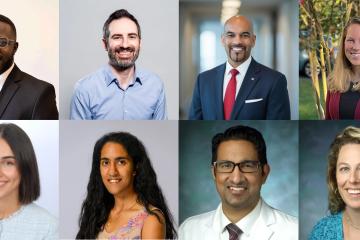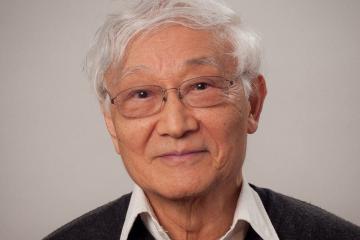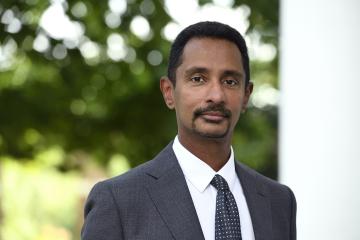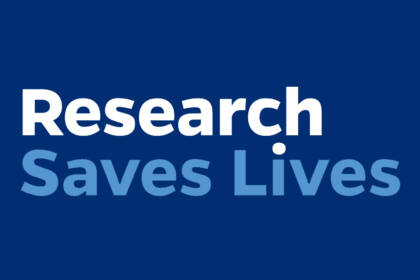Football
Former JHU coach Jim Margraff elected to College Football Hall of Fame
Published Jan 15, 2026Jim Margraff, who built the Johns Hopkins football program from the depths of Division III into one of the most successful and respected programs in the nation, has been elected to the College Football Hall of Fame. Margraff is one of 22 individuals—18 players and four coaches—selected to join the Hall of Fame this year and the only representative from a Division III institution.





















